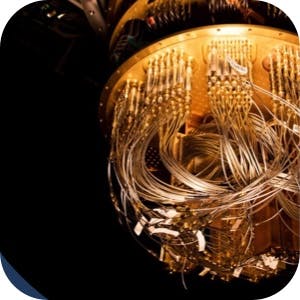- Home
- All updates
- EDGE Insights
- Industries
- Company Search
- My Watchlists (Beta)
All Updates
Quantinuum unveils industry-first 56-qubit trapped ion computer; sets new industry benchmark
Hexagon unveils Advanced Compensation for metal 3D printing
Eden AI raises EUR 3 million in seed funding to accelerate product development
Wiz acquires Dazz to expand cloud security remediation capabilities
Immutable partners with Altura to enhance Web3 game development and marketplace solutions
OneCell Diagnostics raises USD 16 million in Series A funding to enhance cancer diagnostics
BioLineRx and Ayrmid partner to license and commercialize APHEXDA across multiple indications
SOPHiA GENETICS announces global launch of MSK-IMPACT powered with SOPHiA DDM
Biofidelity launches Aspyre Clinical Test for lung cancer detection
Spendesk partners with Adyen to enhance SMB spend management with banking-as-a-service solution
Mews acquires Swedish RMS provider Atomize to enhance Hospitality Cloud platform

Quantum Computing
Quantinuum unveils industry-first 56-qubit trapped ion computer; sets new industry benchmark
-
US-based full-stack quantum computing company Quantinuum has introduced H2-1, the industry's first quantum computer featuring 56 trapped-ion qubits. It reportedly has capabilities that surpass the abilities of even the most powerful conventional computers.
-
H2-1 achieved a 100x improvement in performing the Random Circuit Sampling (RCS) algorithms, exceeding the industry standard set by Google in 2019. It is also designed to lower power consumption by up to 30,000x compared to classical supercomputers, making it a far more energy-efficient solution. The system’s improved fidelity makes it impossible for classical computers to simulate it or for current supercomputers to match the result.
Contact us
By using this site, you agree to allow SPEEDA Edge and our partners to use cookies for analytics and personalization. Visit our privacy policy for more information about our data collection practices.